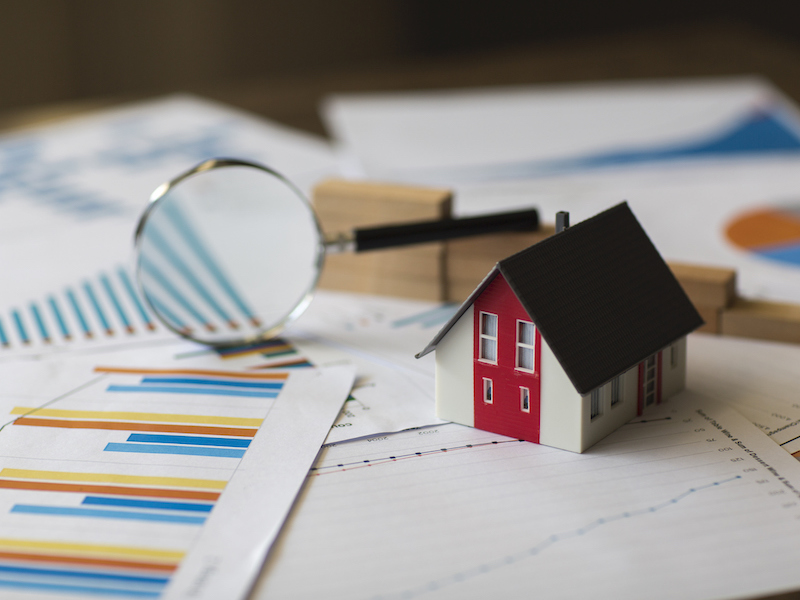
Prime Minister Justin Trudeau has promised municipal leaders federal backing and resources toward efforts to address the high cost of housing that he says is creating a crisis for young and middle-class families.
The cost of housing has risen across the country, driven by a mix of low interest rates and demand outstripping supply as Canadians working from home look for more space.
Speaking to the Federation of Canadian Municipalities annual meeting, Trudeau said the cost of owning a home is out of reach for too many people in Canada’s largest cities, noting it can take 280 months for an average family to save for a down payment in a place like Toronto.
“Young people aren’t facing a housing problem, they’re facing a housing crisis,” Trudeau said Tuesday in a speech that had a campaign feel to it.
“We’ve got a generation of Canadians who are starting their lives, maybe hoping to start a family, without the same opportunity as their parents or grandparents to get a first home and build equity and their future. Things need to change.”
He said his government would look for ways to change the situation beyond what the Liberals have already laid out, but didn’t outline what those solutions might be.
Trudeau said in the speech that the federal government alone can’t cool housing costs, saying the levers exist at all levels of government, such as zoning rules and consumer protection regimes.
He said the Liberals will reach out to provinces and territories to find solutions to ease concerns around housing affordability.
The average home price in April was just under $696,000, a 41.9% year-over-year increase, based on data from the Canadian Real Estate Association. The association noted the national average would be $144,000 less if the greater Vancouver and Toronto areas were excluded from calculations.
The government proposed billions in this year’s budget to boost the supply of affordable housing, seeing it as a way to bring down overall prices. The government is also promising a 1% tax on vacant homes owned by foreign buyers, a measure whose efficacy has been questioned by experts.
Just days ago, Finance Minister Chrystia Freeland announced the government would tighten the mortgage stress test for insured mortgages, matching a similar move by a federal banking regulator. The new rules came into effect Tuesday.
The Opposition Conservatives have been critical of the government’s response to rising prices, including on Tuesday during the daily question period in the House of Commons.
Conservative MP James Cumming said inflation in the sector was particularly pronounced, especially as prices on lumber rise and add to building costs. He suggested the government needed to take “decisive action versus hollow announcements” to deal with high housing costs.
During his talk with municipal leaders, Trudeau pointed to the government’s decade-long housing strategy as part of federal actions.
When it was unveiled in 2017, the Liberals promised it would help build 160,000 new housing units, repair 300,000 more and provide the same number of households with subsidies.
The first triennial report on the strategy noted funding has flowed or been committed to build 63,600 units, repair 126,000 more, and subsidize housing costs for 36,000 households by the end of 2020.
The report also noted how many first-time homebuyers received mortgage aid through one part of the strategy that Trudeau touted Tuesday as helping make homebuying more affordable.
The $1.25-billion, three-year program sees the government cover between five to 10% of mortgage costs for first-time buyers by taking an equity stake in their home. By the end of 2020, the program had provided $197 million to 10,600 buyers.
The government has since raised the value limit for mortgages for buyers in Toronto and Vancouver, but still requires recipients to eventually pay the money back.